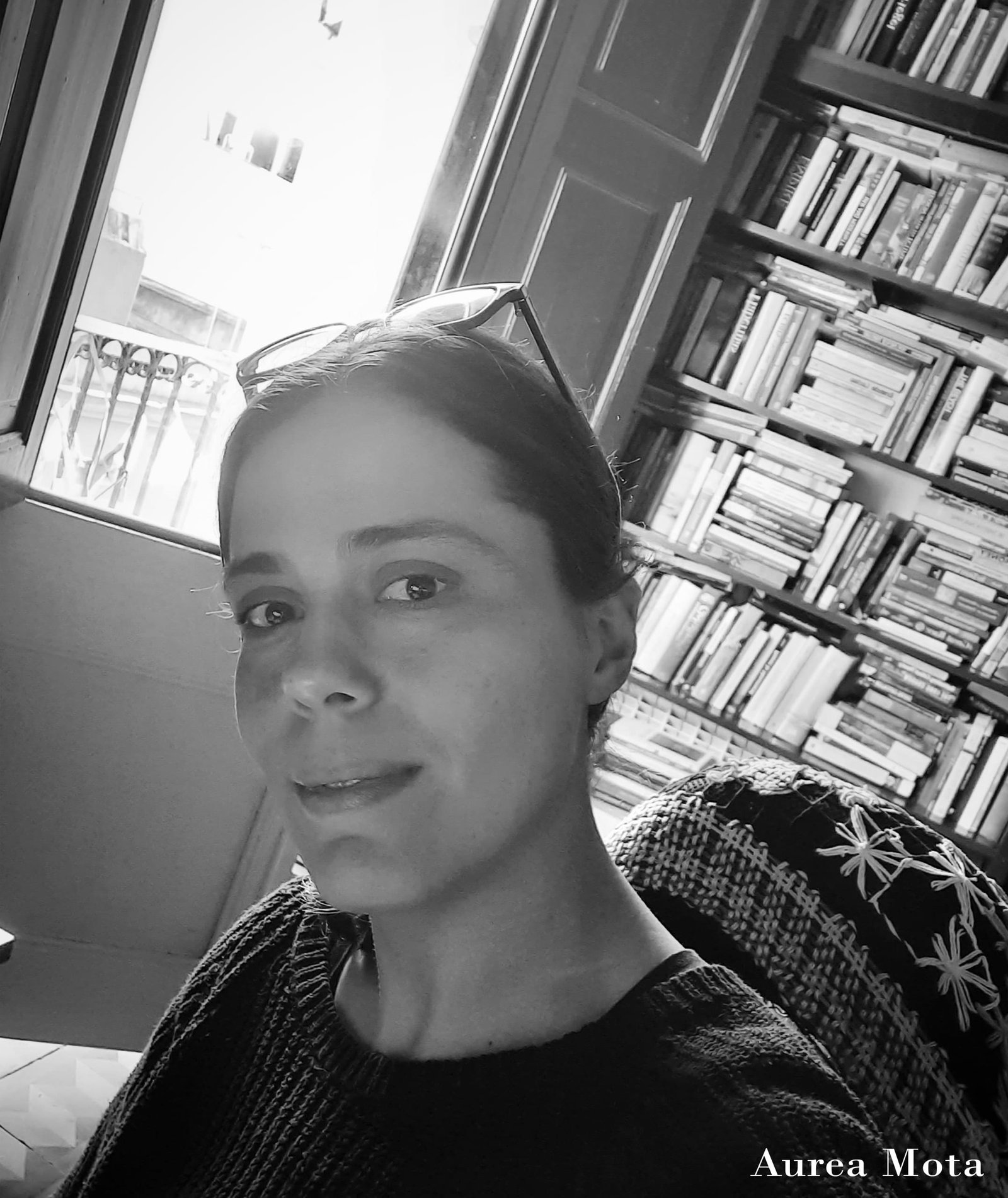beyond borders, between thoughts

Behind The Content
I was born in Belo Horizonte, Minas Gerais, Brazil. To be more precise, in Coqueiros neighbourhood: the outskirts of the outskirts, a space marked by many barriers, but also by a strong collective force to overcome them and move forward. I lived in this space until I turned 28 years old. I have to say that the past tense in the last sentence is not the most accurate verb form. I think I never left Coqueiros; in my dreams, I continue to play “knock down the can” and climb the same trees I climbed my whole life. It was from this peripheral context that I shaped my way of understanding the world.
One could say that my academic trajectory began fortuitously. When I managed to enter public university (which is quite hard for poor people in Brazil) to pursue a degree in social
sciences, my only goal was to finish the course to become a high school teacher. However, after overcoming the initial years of balancing work at a book distributor with college, I was able, in the final years of my undergraduate studies, to participate in research projects within the university. Through working on these projects, I began to understand the importance of the tools I was acquiring to help me at understanding social and political issues shared by everyone who inhabited my own space-time. It was between the final periods of my undergraduate studies and my MA’s that I started working with Professor Leonardo Avritzer on various projects addressing the theme of popular participation in Brazil (PRODEP/UFMG). This stage with my colleagues from PRODEP broadened my horizons, both in a literal sense – as I took my first plane at the age of 25 for doing a field work in the state of Bahia – but also in a metaphorical sense.
In 2006 I received a research award (prise) that allowed me to conduct fieldwork in four Latin American countries: Argentina, Uruguay, Chile, and Bolivia. With a backpack on my back, a lot of innocence, and sociological curiosity, I left Brazil for the first time to discover my south American roots. This fieldwork turned into my master’s project, guided by Professor Otávio Soares Dulci (1948-2018), my intellectual guide and a role model. With the guidance I received from Prof. Dulci, I saw that historical sociology was crucial to understanding the problem at hand. However, at the same time, I discovered that the social sciences still had to develop consistently to overcome the limits imposed by white-androcentric-Western intellectual elitism. It was from there that the project to rethink the historical foundations of Latin American constitutional liberalism, analysing the role of historical pressures for change from below, was born and consolidated as a doctoral project. With approval for the Ph.D. in Rio de Janeiro, at the then Institute of Research at the University of Rio de Janeiro (IUPERJ), which later became IESP-UERJ, I systematically developed a critical historical sociology of modern constitutional liberalism. The doctoral thesis, supervised by the eminent intellectual Prof. Adalberto Cardoso, titled “On Metamorphoses and Transformations: A Sociological-Historical Perspective on Attenuated Latin American Constitutional Liberalism,” was defended in 2012.
Since then, I have been working in Barcelona. In my first postdoctoral experience as a researcher on the Trajectories of Modernity project, coordinated by Prof. Peter Wagner and funded by the European Research Council (ERC). After this experience, I joined the Universitat Oberta de Catalunya (UOC) in the Global Literary Studies project (GlobaLS/IN3/UOC). This group is led by Prof. Diana Roig-Sanz, who placed complete trust in myself to lead the “Global Literary Spaces” research line, which I continue to direct and guide doctoral theses in this field. Recently, I was selected to take on a position as a research professor at the Abat Oliba University, also in Barcelona.